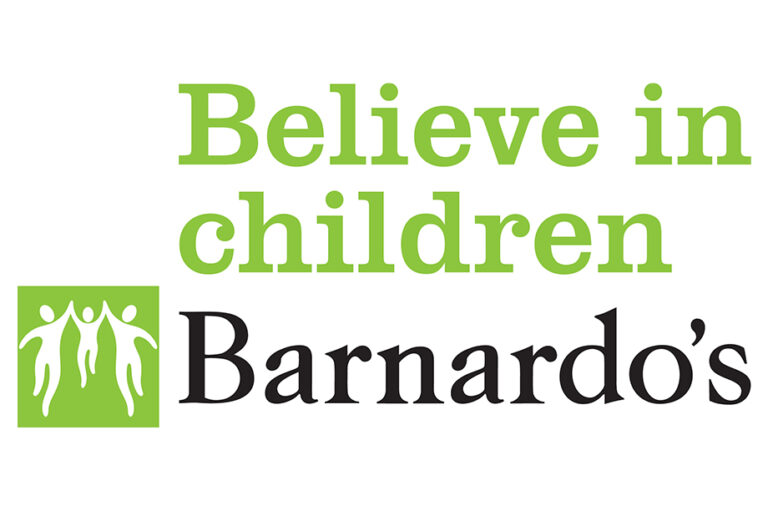Barnardo’s white privilege blog post did not break rules

The Charity Commission has concluded that a blog post by Barnardo’s on white privilege and inequality did not break any charity rules.
In the post, published towards the end of last year, Barnardo’s shared tips with parents on what the term ‘white privilege’ means, what it looks like, and how parents can talk to children and young people about it.
The blog explained that:
Advertisement
At Barnardo’s we believe, as the UK’s largest children’s charity in the UK, we have a responsibility to raise awareness of all issues affecting children – no matter how difficult or uncomfortable. Four in five of our service users are white – and we know only too well the inequality and disadvantage they face daily.
However, the blog met with criticism from a group of Conservative MPs who complained to the Charity Commission that the charity was spreading ‘dogma’ and called on it to investigate.
The Charity Commission has now announced that it has found the blog to be compatible with Barnardo’s charitable purpose.
In a statement, it said:
“We examined concerns raised with us about a blog published by the charity on white privilege.
“Our role was to consider whether the trustees acted reasonably in line with their legal duties in making the decision to publish the blog.
“The trustees provided a reasoned response as to how the blog furthered the charity’s objects and were able to show that consideration had been given to how the blog would meet the charity’s purposes prior to its publication.”
Responding to the decision, Barnardo’s commented:
“As the UK’s largest children’s charity, we believe we have a legitimate role to play in encouraging an informed approach to difficult conversations about complex issues, including racism.
“We have always spoken out on the challenges affecting the children we serve, and must continue to do so – whether on poverty, mental health, abuse and exploitation – or on the realities of prejudice and discrimination.
“We have also listened closely to those who raised concerns with the Commission, and are keen to have an ongoing dialogue about how we can work together to continue improving outcomes for all vulnerable children across the UK.”
Earlier this year, the Charity Commission also exonerated the National Trust after concerns were raised when it published an interim report examining links between its properties and histories of colonialism and slavery. Again, the Commission found that the charity had not acted outside of its charitable purposes.
Commenting on its most recent finding, Pippa Garland, charities partner at Russell-Cooke said:
“Following on from the exoneration of the National Trust, it is a relief to see that the Commission has now come to the finding that Barnardo’s actions fell firmly within its charitable objects. This will come as no surprise to those who are versed in charity law, rather than those who seem determined to drag charities into their culture wars.
“However, even with the regulator willing to stand up for charities, trustees will wish to tread carefully before engaging in similar debates, as getting caught in the crossfire can still come at a very real price.”



